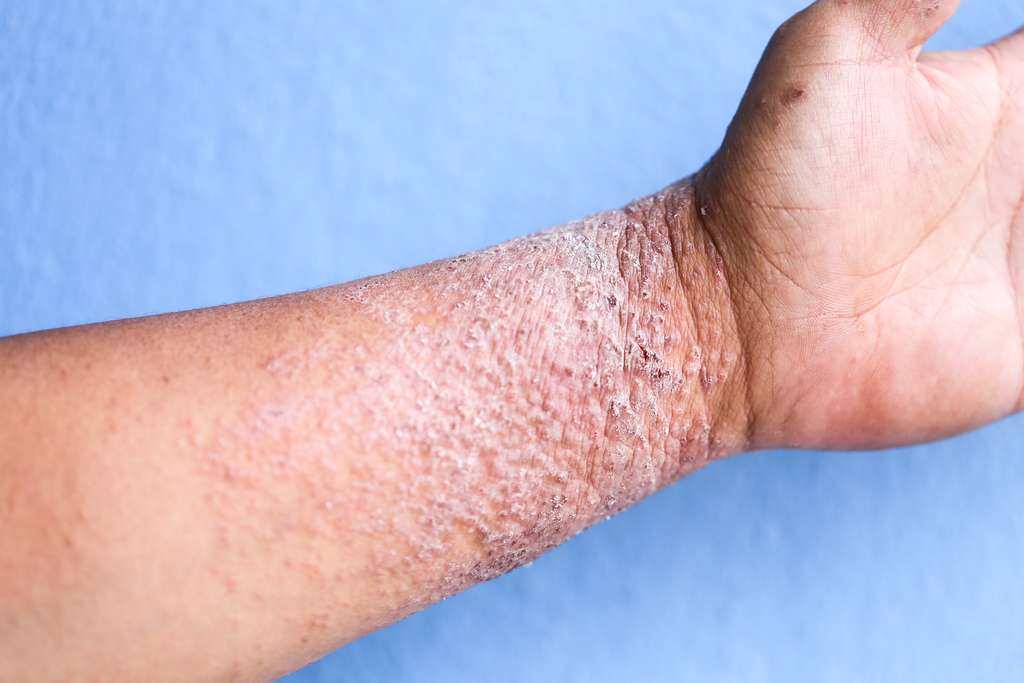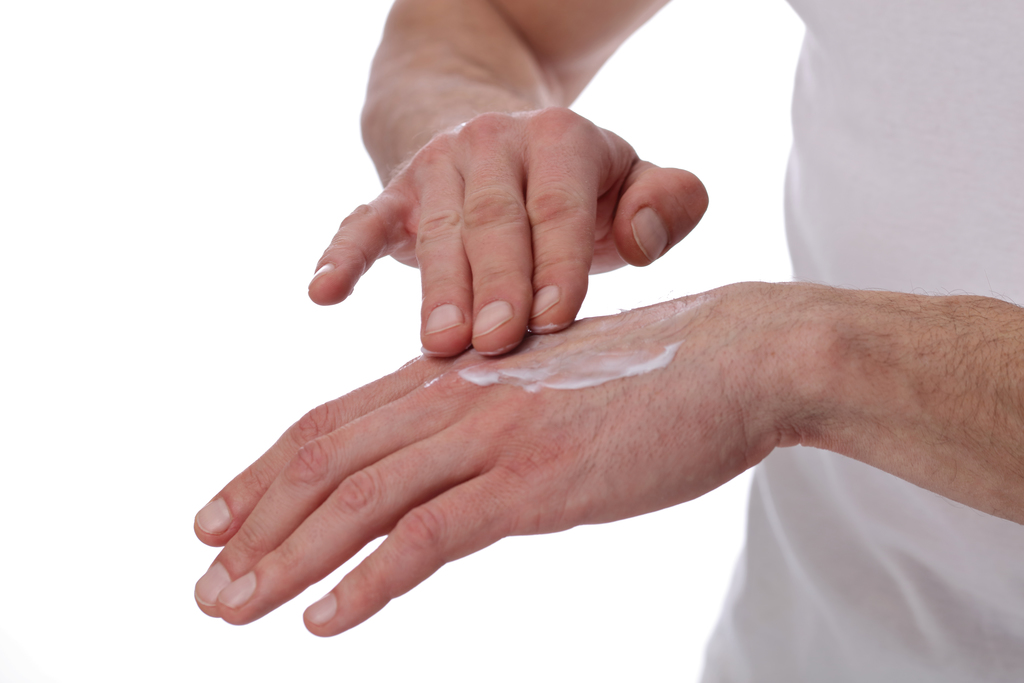Is Your Skin Allergy Related to Asthma? Know the Facts!
Skin asthma is more popularly known as eczema or atopic dermatitis. It is a chronic skin disorder that lasts for a long time. It is not contagious though. The word “atopic” is synonymous with asthma and hay fever. “Dermatitis” refers to inflammation.
Atopic dermatitis normally presents with itchiness, hence patients do scratching of their skin. Little do they know that this will further complicate the condition?
Skin asthma is very common among kids, younger than 5 years old. Girls are more prone to develop this condition as compared to boys. For others, skin asthma may come and go while some suffer from it regularly. Knowing the causes and the signs and symptoms of skin asthma will better help you manage this uncomfortable condition.
Contents
What Causes Skin Asthma?
Skin asthma is a genetic disorder, mainly caused by the “inherited barrier defect.” This is a defect in the normal protective barrier of our skin brought about by a gene mutation. This makes our skin more susceptible to microbes because of enhanced permeability.
The natural moisture of the skin is likewise lost. Its lipid layer becomes damaged and the skin surface becomes flat. The pH of the skin is decreased making it more acidic, digesting epidermal proteins and lipids by specific enzymes.
The inflammation seen in skin asthma intensifies because of increased water loss and penetration of more irritants.
While the above-mentioned events were the main culprits of skin asthma, there are also some triggers that can make the skin more irritated and swollen:
- Chemical irritants like perfumes, soaps, detergents, dyes, and cosmetics
- Airborne particles like dust, sand, pollens, dust mites, and pet dander
- Foods like chicken, seafood, peanuts, and chocolates
- Synthetic fibers
- Extreme changes in temperature
- Emotional stress
- Sunburns
- Cigarette smoking
- Flu and colds
Common Signs and Symptoms of Skin Asthma
Skin asthma may present on the skin in several ways. Normally, it appears as red, scaly, and inflamed patches on the skin. Others see it as cracked skin or as small white bumps. Regardless of how it looks physically, skin asthma is very itchy! Excessive scratching may cause infection.

Flare-ups come and go, depending on the level of exposure to irritants. If you are not sure about your possible triggers, better get an allergy test and keep a diary as to when attacks occur. This will help you and your doctor choose the best treatment option.
Though it may appear in nearly all parts of the body, skin asthma is normally present around the body’s joints. The most common locations are the knees, elbows, and knuckles. It also develops symmetrically in most cases.
The following symptoms can be associated with skin asthma:
- Intense itching
- Dry skin
- Bumpy skin
- A change in skin color
- Redness of the skin
- Crusting
- Thickened skin due to scratching
- Blisters
- Ear discharges
Treatment Options for Skin Asthma
When skin asthma appears, you have to prevent it from getting worse.
Moisturizers

The first line of treatment is the use of a moisturizer. Nourish your skin at least 3 times daily using a cream meant for excessively dry skin. A petroleum-based product is a good option because it adds an extra protective layer to your skin against irritants.
Healthy Diet and Vitamins
All kinds of asthma are considered auto-immune disorders, hence you can prevent skin asthma from getting worse by eating foods that can help boost your immune system. Intake of Omega-3 fatty acids and vitamin B complex can be very helpful.
Exercise
Exercise also enhances body functions. Walking for around 10-15 minutes on a regular basis can help.
Relaxation
Stress can worsen your skin asthma. Do leisure activities to feel relaxed. Meditation is a popular choice.
Herbal teas can help you relax too.
Medications
Anti-histamine can help reduce the urge of scratching.
Corticosteroid creams may be prescribed if natural moisturizers won’t work. These can help soothe and health your skin asthma.
Oral corticosteroids and immunosuppressive drugs like Methotrexate and Cyclosporine may be given during severe cases, only with a supervision of a licensed medical doctor. These medications will help reduce the inflammation quickly. Exposure to UV lights (phototherapy) may also be advised as an alternative treatment.
Note: Corticosteroids should only be given for a short period of time because they may cause serious side effects if not controlled.
Prevention Is Better Than Cure
As they always say, prevention is really better than cure. Patients battling skin asthma are encouraged to keep their skin well hydrated at all times. Drinking plenty of water, approximately 3 liters per day will help greatly. Also, the use of moisturizers has been proven effective in many cases.
Re-application of a thick cream based moisturizer for at least 3-4 times daily may be required if the weather is too hot. One must prevent drying of the skin as this may lead to scaly formations. You may ask your doctor’s opinion when choosing a medicated moisturizer to shield your skin from infections and allergens.
As mentioned earlier, boosting your immune system will help treat skin asthma. Consuming a well-balanced diet is the key. The body’s natural defense mechanism should be enough to ward off bacteria. However, if your immune system is weak, allergens and microbes can easily thrive and grow within the body. Multivitamins and Omega-3 fatty acid supplements are highly recommended. These do not just improve your health, but likewise, relieve skin redness and inflammation.
For people who have had a panic attack, you’ll feel the need to scratch your skin. The urge becomes stronger at night. But this must be avoided because scratching will only worsen your condition. What you can do is cut your nails really short so it won’t damage your skin even if you scratch unintentionally.
Don’t be frustrated with your skin asthma. Even though it is quite hard to treat, it can be effectively managed with a correct treatment plan. Go see a doctor for a series of tests and treatment options. Skin asthma can really make you feel uncomfortable, but there is certainly a good treatment combination that will help you.

